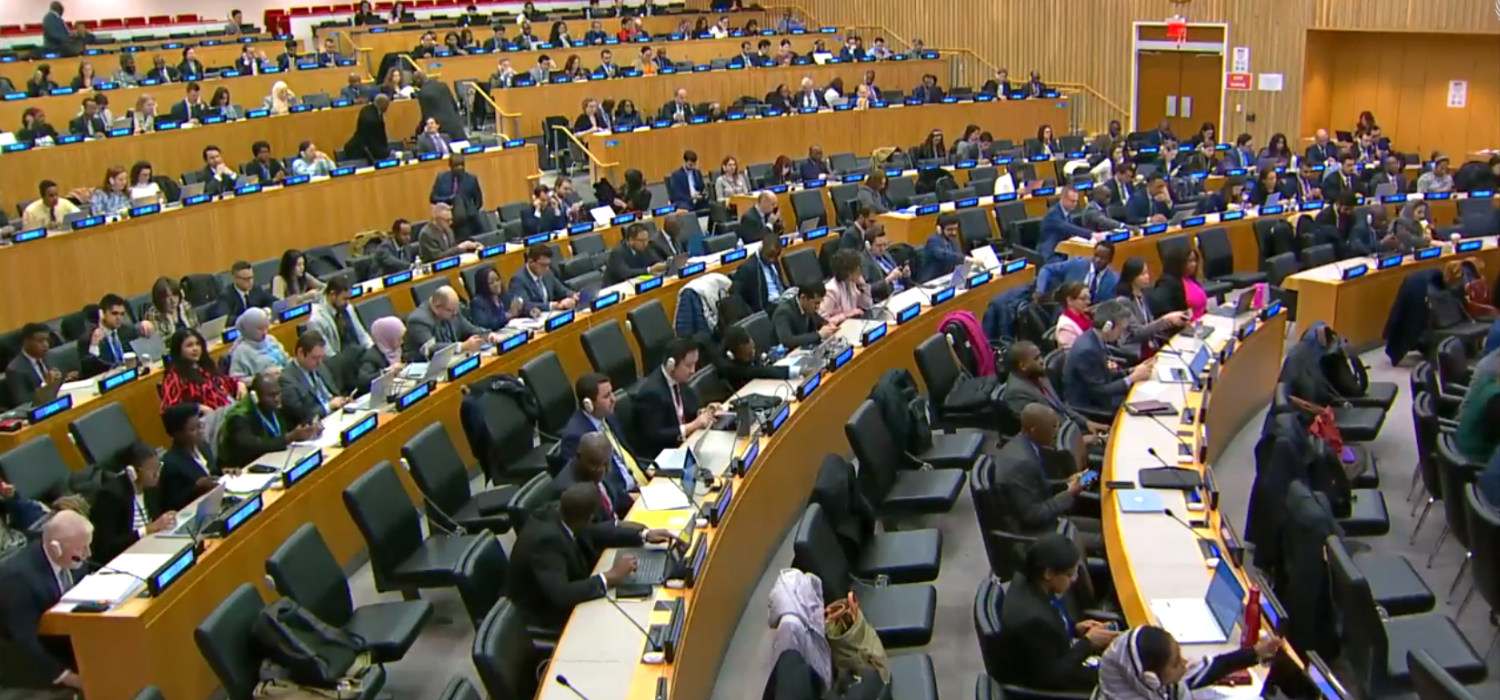SEED FUNDING JOINT PROGRAMMES
Egypt
Strengthening Sustainable and Resilient Food and Nutrition Systems in Egypt for SDG Acceleration




PROJECT TITLE | Strengthening Sustainable and Resilient Food and Nutrition Systems in Egypt for SDG Acceleration |
| Context | Egypt engaged actively in the 2021 Food Systems Summit process, convening a national dialogue and developing national pathways with recommended interventions for improving food security and nutrition by 2030. To enhance multi-sectorial coordination and spearhead the transformation process, the Government created a National Committee for Food and Nutrition Systems chaired by the Prime Minister and bringing together several ministries to coordinate joint actions. Strengthening coordination mechanisms, fostering multi-stakeholder partnerships, consolidating accountability structures, focusing on the availability of evidence, analysis, and data, are identified as key priorities to strengthen the food systems governance structure in Egypt. |
| PUNOs | WFP, FAO, UNICEF |
| Contribution to SDGs | SDG 2 Zero Hunger, SDG 3 Good Health and Well-being, 12 Responsible Consumption and Production. |
| Contribution to other SDG transitions | Climate, biodiversity, pollution |
| Duration | June 2024 – May 2025 |
| Expected financial leverage | $87,000 (PUNO co-financing) |
| Alignment with SG Call to Action | Policy integration; Food systems governance; Research, data, technology and innovation; Inclusive and participatory design; Private sector engagement |
| Outcomes | The JP contributes to strengthening policy and governance frameworks for food systems transformation and generating evidence and analysis on key dimensions of food systems to inform decision-making, supporting the work of the National Committee for Food and Nutrition Systems. The JP complements the government’s flagship program “Country Platform for the Nexus of Water, Food and Energy”, which provides a mechanism to mobilize climate finance and private investments. |
| Partners |
|
| Outputs |
|
UN Second Committee spotlights UN Food Systems Summit process in newly adopted resolutions
At its seventy-eighth session, the Economic and Financial Committee (Second Committee) of the General Assembly adopted multiple resolutions where Member States reaffirm the importance of the UN Food Systems Summit process and look forward to the upcoming UNFSS+4 Stocktaking in 2025.

Over the past months, Member States gathered at the United Nations Headquarters in New York to negotiate resolutions under the UN Second Committee. During 2C deliberations, a number of resolutions were adopted to support the advancement of sustainable development.
Many of the resolutions underscore Member States’ recognition of the importance of building more inclusive, equitable, efficient, resilient and sustainable food systems to achieve the Sustainable Development Goals (SDGs), noting the UN Food Systems Summit (UNFSS) process as a key mechanism steering this work.
UN Food Systems Summits as catalysts for Agenda 2030
The newly adopted resolution on agriculture development, food security and nutrition ( A/C.2/78/L.65) calls for a comprehensive and coordinated approach involving national governments, civil society, academia, the private sector, and the international community to bring SDG 2 – Zero Hunger – back on track. Highlighting the biannual UNFSS Stocktaking as a crucial platform for this collective action, the resolution advocates for the implementation of the voluntary commitments that arose from the 2021 Summit, leveraging the support of the UN Food Systems Coordination Hub. Member States look forward to the UNFSS+4 in 2025 for a thorough review of progress made on these commitments.
The UNFSS process also garnered recognition within the resolution on agricultural technology for sustainable development ( A/C.2/78/L.24/Rev.1) as a significant forum facilitating food systems transformation through the advancement of agricultural technologies, innovations, and digitalization. The resolution on implementation of the Third United Nations Decade for the Eradication of Poverty (2018–2027) ( A/C.2/78/L.60) highlights how the UNFSS promotes policymaking that supports an inclusive, sustainable and resilient recovery to the COVID-19 pandemic, and the resolution on natural plant fibres and sustainable development ( A/C.2/78/L.32/Rev.1) expresses appreciation for the UNFSS+2 within the context of advocating for more sustainable production, consumption, and utilization of natural plant fibers.
Implementing resolutions for transformative change
Aligned with the UN Secretary-General’s Call to Action, the Hub remains dedicated to working with countries and the wider Ecosystem of Support to facilitate the realization of these resolutions through the implementation of national visions and pathways for food systems transformation.
